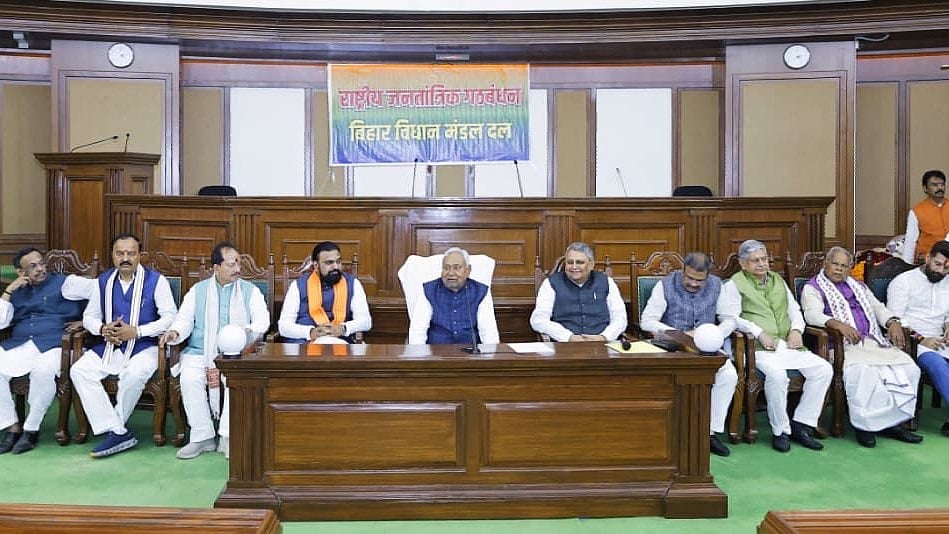In its drive to tackle suspected Input Tax Credit (ITC) evasion, GST officers under the Central Board of Indirect Taxes and Customs have identified more than 29,000 fraudulent companies across the country, involving an estimated evasion of over Rs 44,000 crore since May of the previous year.
The drive primarily targets bogus registrations and the issuance of counterfeit invoices, aiming to strengthen compliance and combat fraud within the Goods and Services Tax (GST) framework.
Key Points:
Over 29,000 fictitious companies detected nationwide in suspected ITC evasion amounting to Rs 44,000 crore since May last year.
Between October and December, 4,153 fraudulent firms, involving suspected ITC evasion of approximately Rs 12,036 crore, were detected. The Central GST Authorities identified 2,358 of these entities.
Leading the list was Maharashtra, where 926 fraudulent firms were identified, followed by Rajasthan with 507, Delhi with 483, and Haryana with 424.
''Since the initiation of the special drive against fake registrations in mid-May 2023, a total of 29,273 bogus firms involved in suspected Input Tax Credit (ITC) evasion of Rs 44,015 crore have been detected. This has saved Rs 4,646 crore of which Rs 3,802 crore is by blocking of ITC and Rs 844 crore is by way of recovery. So far, 121 arrests have been made in the cases,'' the tax authority said in a statement.
In a concerted effort to combat fraud within the Goods and Services Tax (GST) system and enhance overall compliance, the GST formations under the Central Board of Indirect Taxes and Customs (CBIC) and various State/UT Governments are actively conducting a targeted campaign. This initiative specifically addresses the problems of non-existent or bogus registrations and the issuance of fake invoices lacking any actual supply of goods and services.
Measures taken by govt to curb the GST fraud:
Biometric-Based Aadhar Authentication: Pilot projects have been initiated in Gujarat, Puducherry, and Andhra Pradesh, incorporating biometric-based Aadhar authentication during the GST registration process.
Tax Evasion Prevention Measures: The government has implemented strategies to prevent tax evasion, including sequential filing of GST returns, system-generated intimation for reconciling discrepancies in tax liability between GSTR-1 and GSTR-3B returns, and gaps between ITC available in GSTR-2B and ITC availed in GSTR-3B returns.
Data Analytics and Risk Parameters: Utilizing advanced technologies such as data analytics and risk parameters to detect fake Input Tax Credit (ITC) and enhance the overall integrity of the GST registration process.










